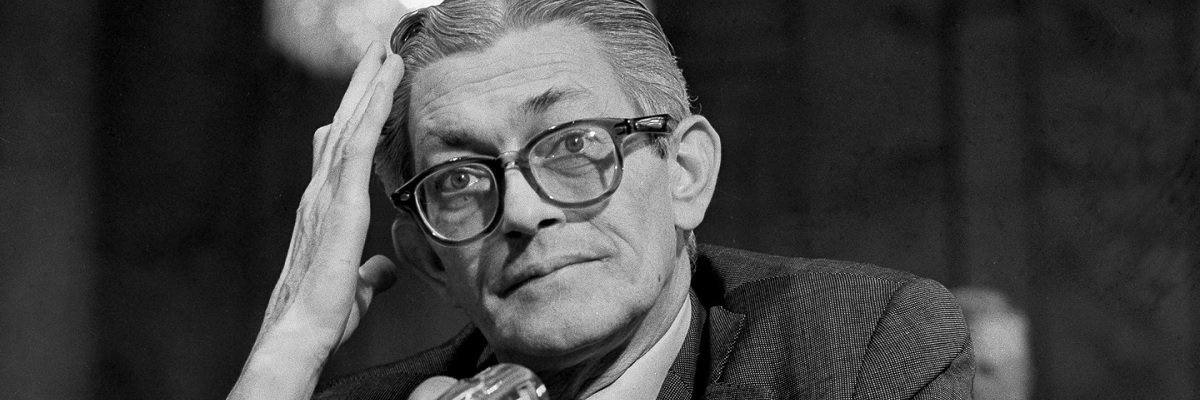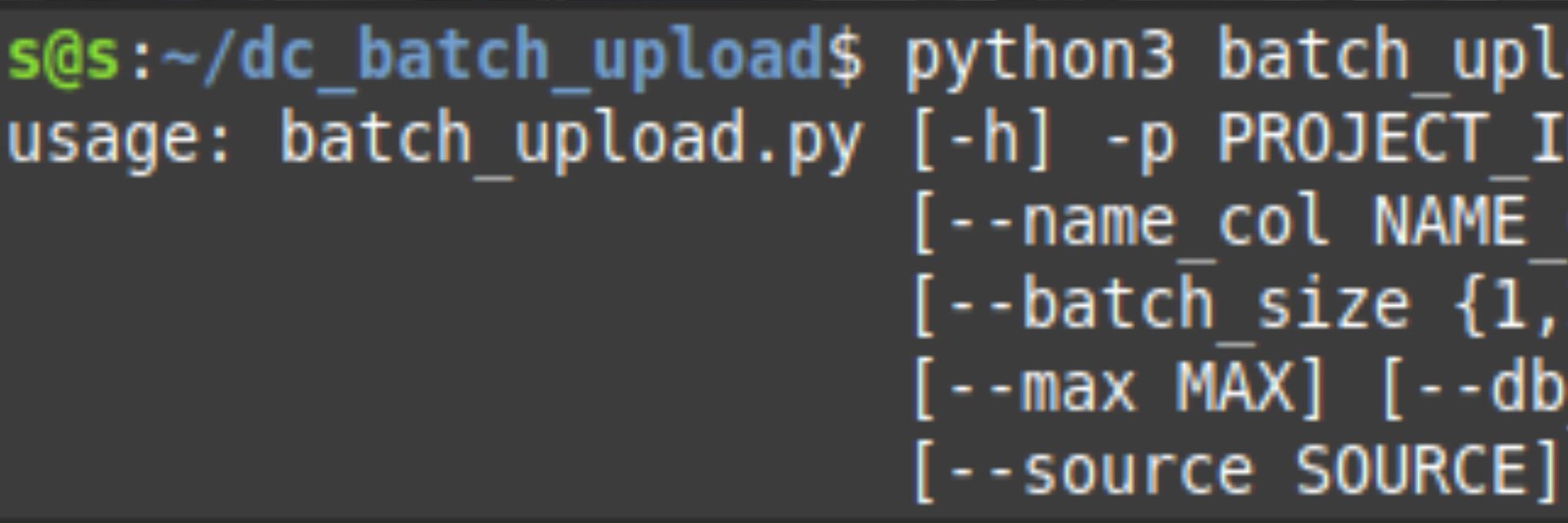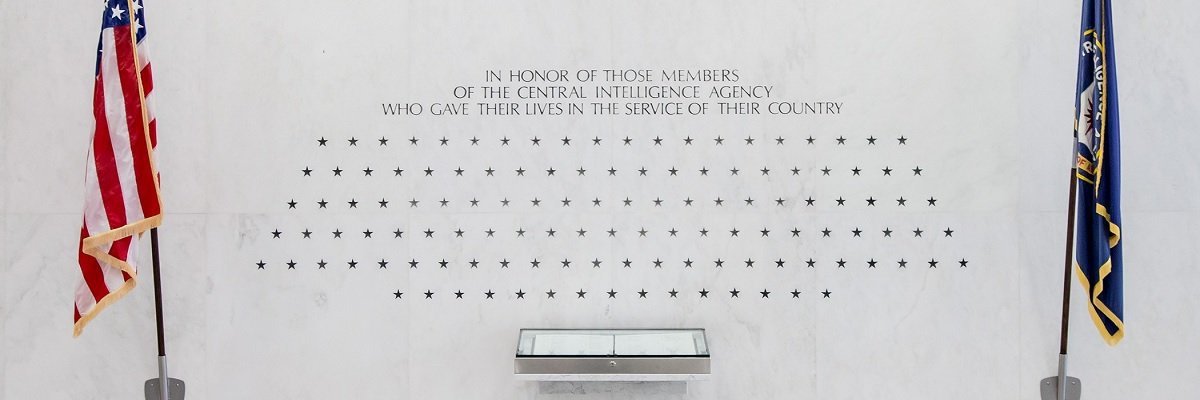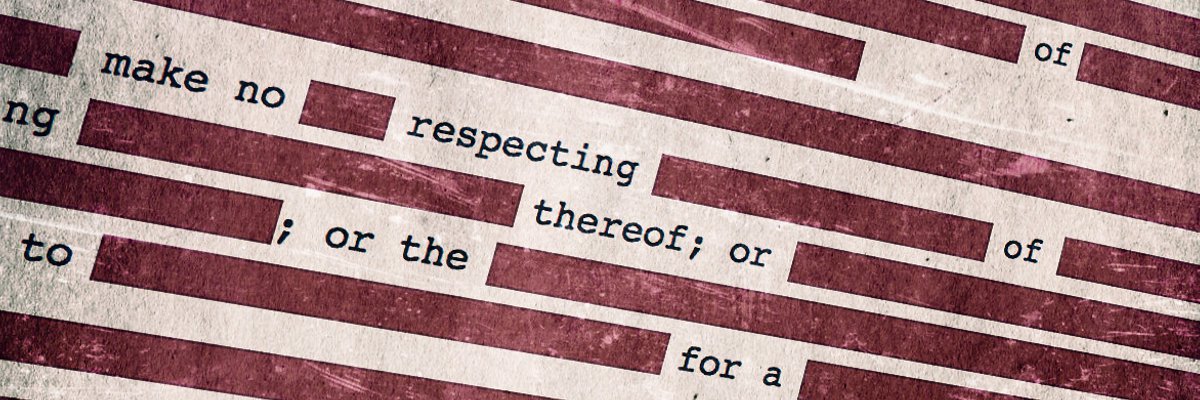Considered to be both one of the greatest - and most paranoid - spymasters in living memory, CIA Counterintelligence Chief James Jesus Angleton was undeniably one of the best in the field. By the ’70s, however, he was also considered too toxic for government service after revelations, scandals, and Agency politics forced him and other senior staff out. While it’s been known that he remained somewhat active as an advisor and in think tanks, it seems that little is known beyond his involvement with the American Security Council think tank and a few similar organizations. A formerly SECRET memo from CIA, however, establishes that they, and others, consulted with him on an official basis.

The memo wasted no time in describing the September 27 meeting. The meeting had been arranged as part of the CIA Director’s Advisory Commission on Multidisciplinary Counterintelligence Analysis and took place at the home of a CIA employee, where they discussed the past and future of counterintelligence for four hours. When the two met, Angleton’s health did not look well. He reportedly had given up drinking alcohol, but continued to chain smoke. Three and a half years later, he would die of lung cancer.

The most significant revelation of the memo follows immediately: not only was Angleton being “officially” consulted on counterintelligence, he was also consulting with Senator Goldwater, albeit “indirectly”, with Angelo Codevilla of the Senate Select Committee on Intelligence, and with the President’s Foreign Intelligence Advisory Board (PFIAB), whose job it was provide “advice to the President concerning the quality and adequacy of intelligence collection, of analysis and estimates, of counterintelligence, and of other intelligence activities.”

Currently, nothing is known about his indirect collaboration with Senator Goldwater. It’s possible, however, that his time with the PFIAB related to his relationship with Clare Boothe Luce, who in 1982 was set to chair the PFIAB subgroup on covert action, which included Counterintelligence.

In her conversation with the Agency’s then-Counterintelligence Chief, Clare Boothe Luce noted that she knew but found “confusing.”

His communications with Angelo Codevilla, however, are somewhat less of a mystery. In a written interview, Codevilla described his communications with Angleton as “extensive, deep and frequent.” According to Codevilla, he and Angleton mostly spoke in 1979 and 1980, but their discussions continued at least through 1982, discussing what Codevilla described as “a purpose: the advancement of counterintelligence in the U.S. intelligence community.”
Together, Angleton and Codevilla worked together to try to educate Congress and the press about counterintelligence and address many of its more notable problems - including the lack of humility that the U.S. Intelligence Community seems to have about its own operations. Their contacts eventually petered out for a couple of reasons. The first was Codevilla came to feel that he had learned what he could from Angleton, while the other was that Angleton remained very loyal to the Agency, even when it meant emphasizing that loyalty over correctness. This would prove to be the final nail in the coffin, as Codevilla cared “not at all for [CIA], but rather for the function it was failing to fulfill in so many ways.”
As for the advice that Angleton offered CIA in 1983 on reforming counterintelligence, it was hardly surprising. Anyone familiar with Angleton’s theory of counterintelligence and preferred MO could have predicted that he advocated an expansion of counterintelligence. In his terms, he wanted to “turn the clock back to the period before 1973” and “add powers” that the various CIA Directors had denied him.

Additional FOIA requests relating to the subject have been filed, but in the meantime you can read the memos below.
Like M Best’s work? Support them on Patreon.
Image via The Intercept




